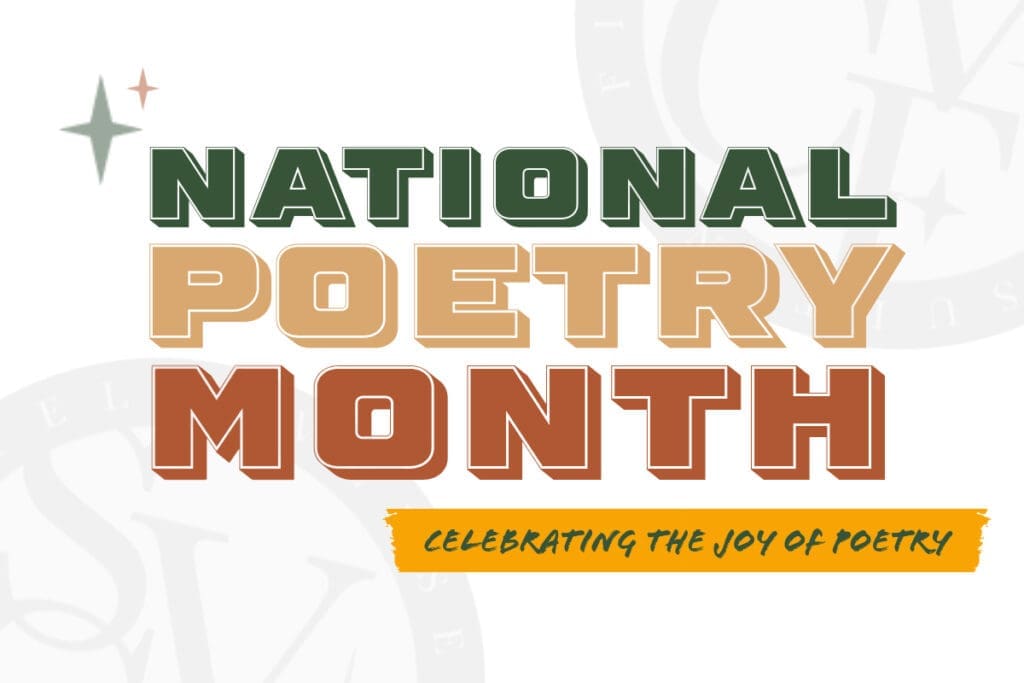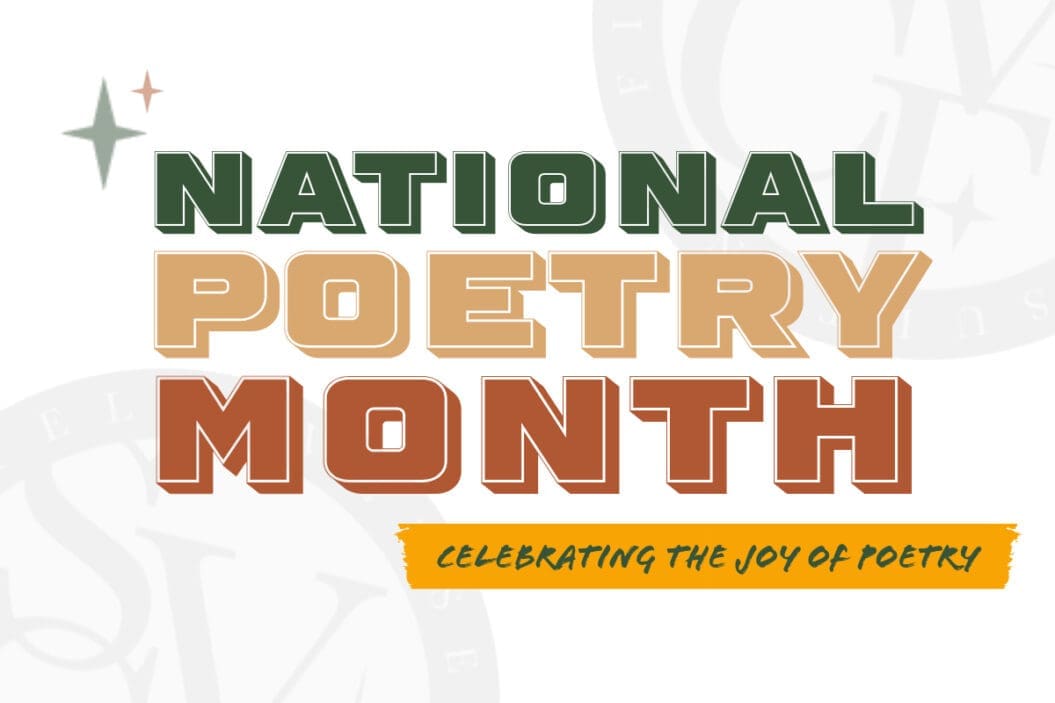
As leaders, we often find ourselves navigating through a sea of challenges, responsibilities, and deadlines. Within the hustle and bustle of our daily lives, it’s crucial to pause and reflect on two significant observances in April: National Stress Awareness Month and National Poetry Month. You might be wondering, why these two? Let’s delve into the reasons behind their importance.
Stress can be the silent companion that often disguises itself as just being tired, not enough sleep or when this project is over, I’ll have time to chill out feeling. It manifests in various forms – physical, mental, and emotional – wreaking havoc on our well-being. The National Institutes of Health aptly describe stress as “a force exerted when one body or body part presses on, pulls on, pushes against, or tends to compress or twist another body or body part; a physical, chemical, or emotional factor that causes bodily or mental tension.” It’s pervasive and affects all living beings, but as leaders, we possess the power to recognize and mitigate its impact.

In our journey as leaders, we’ve likely encountered moments of both good and bad stress. Summa Health distinguishes between these two types, stating, “Good stress, or eustress, is the type of stress you feel when you are excited. Your pulse quickens and your hormones surge, but there is no threat or fear… It inspires and motivates you, focuses your energy and enhances performance.” Conversely, bad stress, or distress, wears us out, leaving us jittery and adversely affecting our health. It’s essential to discern between the two and strive for a balance that fuels our productivity without compromising our well-being.
Combatting stress requires a multifaceted approach, and sometimes, we need to explore unconventional avenues. This is where poetry comes into play. Poetry, defined as “writing that formulates a concentrated imaginative awareness of experience in a language chosen and is arranged to create a specific emotional response through meaning, sound, rhythm, and beauty of expression,” serves as a therapeutic outlet amidst the chaos of our lives. Personally, I’ve found solace in poetry during my most stressful moments. Whether it’s through writing, reading, or listening, poetry has a transformative effect on our psyche. As Mars Girolimon notes, poetry enables us to articulate feelings that defy conventional expression, fostering connection and understanding among individuals. It offers a respite from the incessant demands of leadership, transporting us to a realm of introspection and tranquility.
Integrating poetry into our daily lives doesn’t require elaborate rituals. It can be as simple as listening to a song with meaningful lyrics or jotting down verses in a journal. The accessibility of poetry makes it a versatile tool for stress management, available to us in various forms and mediums.
Check out these links on Poetry and Stress Awareness that we incorporated into this article
for you:
- Mars Girolimon – https://www.snhu.edu/about-us/newsroom/liberal-arts/why-is-poetry-important
- National Institutes for Health – https://hr.nih.gov/working-nih/civil/national-stress-awareness-month
- National Poetry Month – https://poets.org/national-poetry-month
- Summa Health – https://www.summahealth.org/flourish
- Stress and Poetry Definitions – Merriam-Webster App
- The Stress Management Society – https://www.stress.org.uk/sam2024/
Leadership is synonymous with resilience and adaptability. By embracing stress as a catalyst for growth and incorporating poetry into our routines, we cultivate a mindset that thrives amidst adversity. As we navigate the complexities of our roles, let us not overlook the significance of self-care and introspection. National Stress Awareness Month and National Poetry Month serve as timely reminders of the power we hold to shape our experiences and lead with clarity and compassion.
Do not forget that here at StellaVersed Consulting Firm, LLC – we have a variety
of programs, ideas, and support to help stress reduction and create more mindfulness in
your leadership work! Click HERE to find the program for you, and then let us
know how we can help you and your organization. We would love to speak with you!
Email us at [email protected] or [email protected] and we will get right back to you.

